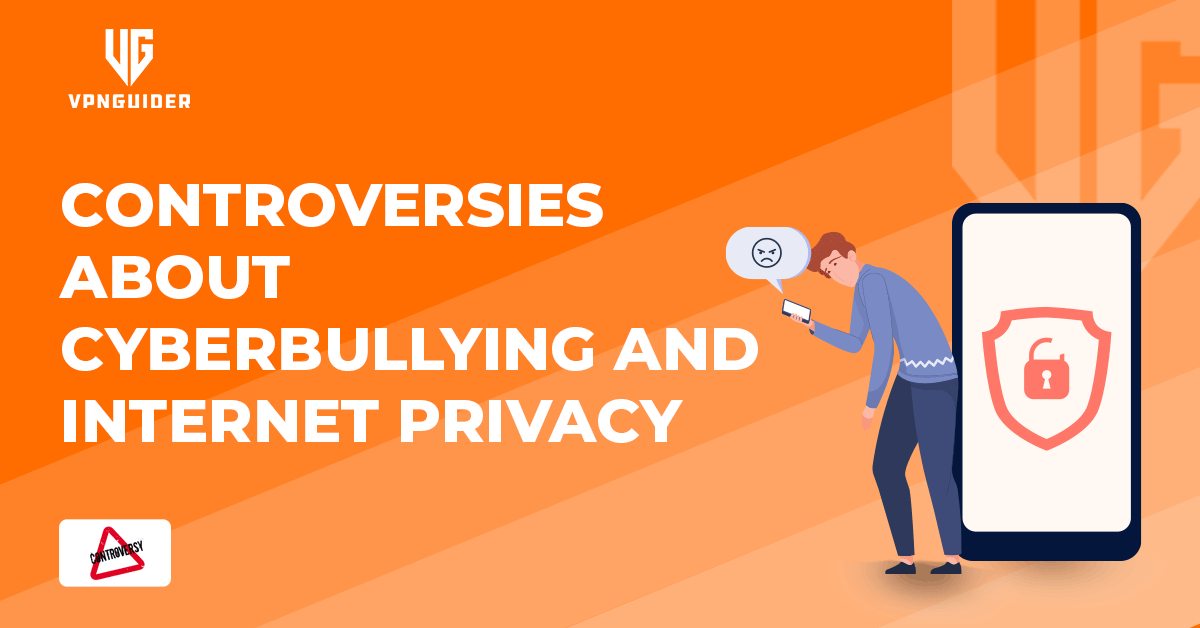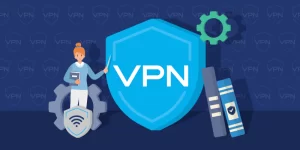
Cyberbullying has become a pervasive issue in the digital age, with its impact growing more severe as technology advances. In 2025, the lines between online and offline worlds have blurred further, making cyberbullying an even more significant threat to individuals, especially teenagers. Coupled with concerns about internet privacy, the need to address these issues has never been more urgent.
What is Cyberbullying?
Cyberbullying involves sending, posting, or sharing harmful, false, or cruel content about someone else online. It can also include sharing private or sensitive information about someone in a way that causes embarrassment or humiliation. In extreme cases, cyberbullying crosses the line into illegal or criminal behavior, such as harassment, defamation, or threats.
In 2025, cyberbullying has evolved with the rise of new technologies, including deepfakes, AI-generated content, and anonymous platforms, making it easier for bullies to target victims without consequences.
Cyberbullying is a significant issue. Know why?
While cyberstalking and cyberbullying are sometimes combined, the prevalence of cyberbullying has been rising over the past few years. Both those who are bullied online and those who see it happen to someone else can suffer terrible consequences.
Statistics indicate that teens are more likely than adults to experience cyberbullying.
Cyberbullying can have terrible consequences for the victims. They might feel various unpleasant feelings, including despair, rage, annoyance, and embarrassment. Additionally, they could feel alone and alienated and think they have no one to turn to. The victims could suffer academically since they might feel too ashamed to attend class or engage. The victims may even consider suicide in some circumstances.
Cyberbullying is prevalent on Social media sites; The messages are soon visible to many people. Social networking platforms also enable anonymous thought and emotion sharing, which makes it simpler to be cruel or unpleasant. 73% of students who have been cyberbullied have done so on social media, according to a Cyberbullying Research Center survey. Facebook, Twitter, Instagram, and Snapchat are the most popular social media platforms for cyberbullying.

Cyberbullying in private chats and online groups affects almost half of all youths. Text messaging is the application used for cyberbullying the most. Many teenagers like playing video games online, even in virtual settings. The use of these games for cyberbullying, however, is also possible. While playing the game, the victim of bullying may experience harassment or threats. Additionally, it’s possible to distribute their personal information without their permission. They may experience harassment offline as well because of this.
Those who observe cyberbullying occurring to another person may likewise suffer negative consequences. They may experience fear, helplessness, and sadness. They could also struggle with eating, sleeping, and developing anxiety and despair.
There’s no escape from Facebook, even if you don’t use it; controversy about Internet Privacy breach.
The unauthorised acquisition of personally identifiable information by CA was initially made public in December 2015 by Harry Davies, a journalist for the Guardian. Harry claimed that CA, who was working for US Senator Ted Cruz, had illegally accessed data from millions of Facebook accounts.
Facebook would only state that it was looking into the story and declined to comment further. In March 2018, when a conspirator, Christopher Wylie, an ex-CA employee, was unmasked, the issue eventually came to light. In 2017, Cadwalladr’s piece “The Great British Brexit Robbery” used Christopher as an unnamed source. Although this article was enthusiastically welcomed, it was also met with scepticism in other circles, which led to distrust in media like The New York Times.
When the news outlets published their articles simultaneously in March 2018, a significant public outrage led to a swift $100 billion reduction in Facebook’s retail funding. Senators from the US and the UK have pressed Facebook CEO Mark Zuckerberg for clarification. Following the controversy, Mark Zuckerberg consented to give congressional testimony.
FAQs
How VPN can be a solution for cyberbullying?

A VPN can be helpful in some situations, even if there is no accurate method to eliminate cyberbullying. Using a VPN can be a valuable tool for protecting yourself from attacks, depending on the type of bullying. Your IP address and private information are shielded from prying eyes using a VPN.
As a result, attackers cannot access your location data or use information about your online activities against you. Even though there is ultimately no genuine way to eradicate cyberbullying, a VPN can be helpful in some circumstances. Depending on the type of bullying that is taking place, using a VPN might be a valuable tool for defending yourself against assaults. A VPN protects your IP address and confidential information from prying eyes. Attackers cannot obtain your location data or use data about your online activity against you.
VPN and Internet Privacy
Stream securely on public WiFi
It’s handy to use public WiFi for streaming when you’re in a cafe or waiting at an airport. But remember that public WiFi is not secure. “free” public WiFi hotspots are often commercial operations that collect and sell your browsing history. This comes with a greater risk when there exists the risk of keyloggers being instigated.
Keep your Browsing private
When you’re surfing, your ISP can track your online history; the websites you visit, your everyday activities, your daily preferences, and your watchlist, and it might sell your private browsing data. This comes with a greater risk when there exists the risk of keyloggers being instigated When. While connected to a VPN, your ISP won’t be able to track or monitor your browsing history but will view your logging status as “Connected to a VPN.”
TOP 5 VPNs
- NordVPN
- ExpressVPN
- CyberSurf
- InternetAccess
- PrivateVPN
![Controversies About Cyberbullying and Internet Privacy [year]](https://vpnguider.com/wp-content/uploads/2022/09/Fdv89x8W_400x400-removebg-preview.png)